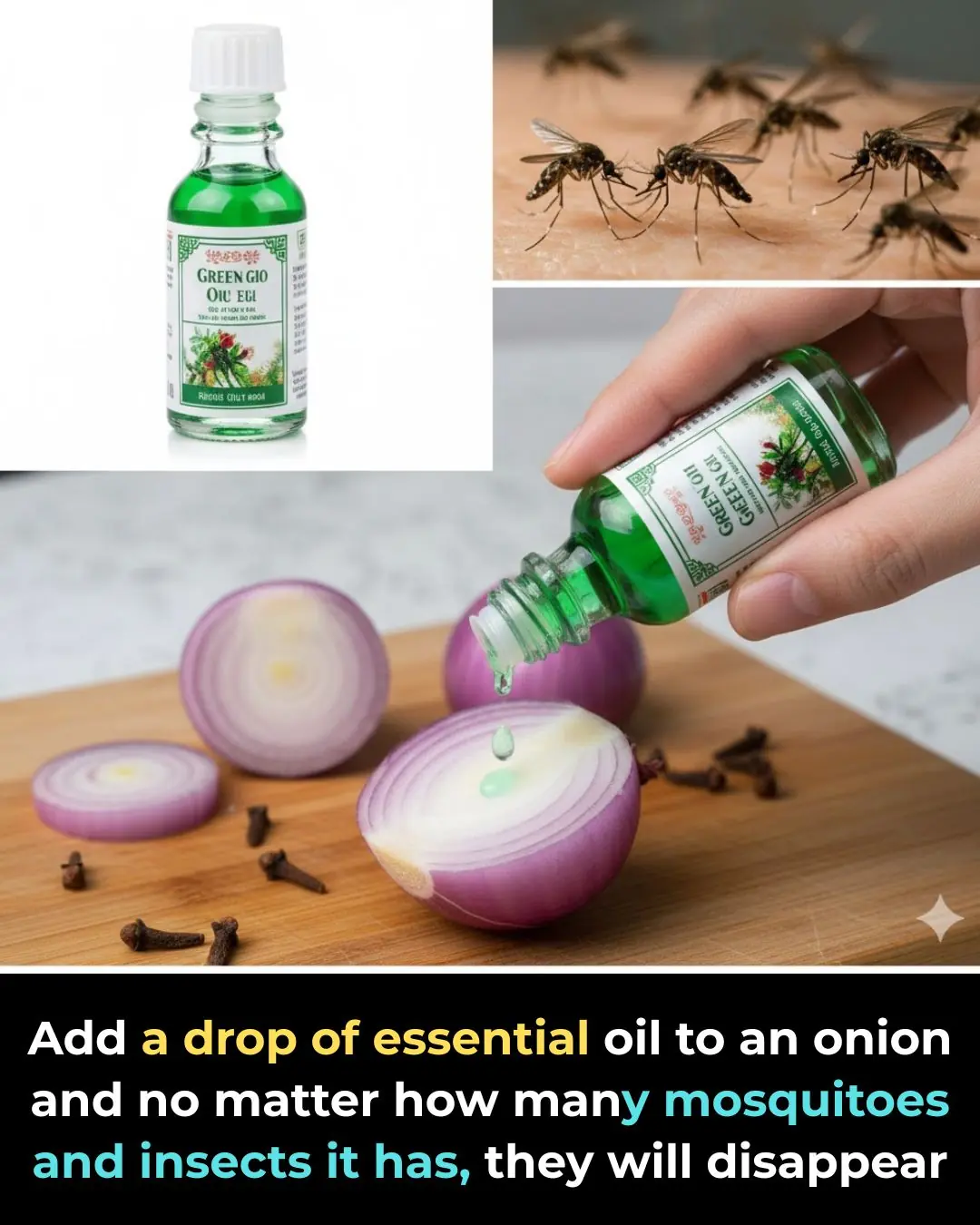
Don’t Rush to Store Lemons in the Fridge — Do This Instead to Keep Them Fresh All Year Without Bitterness
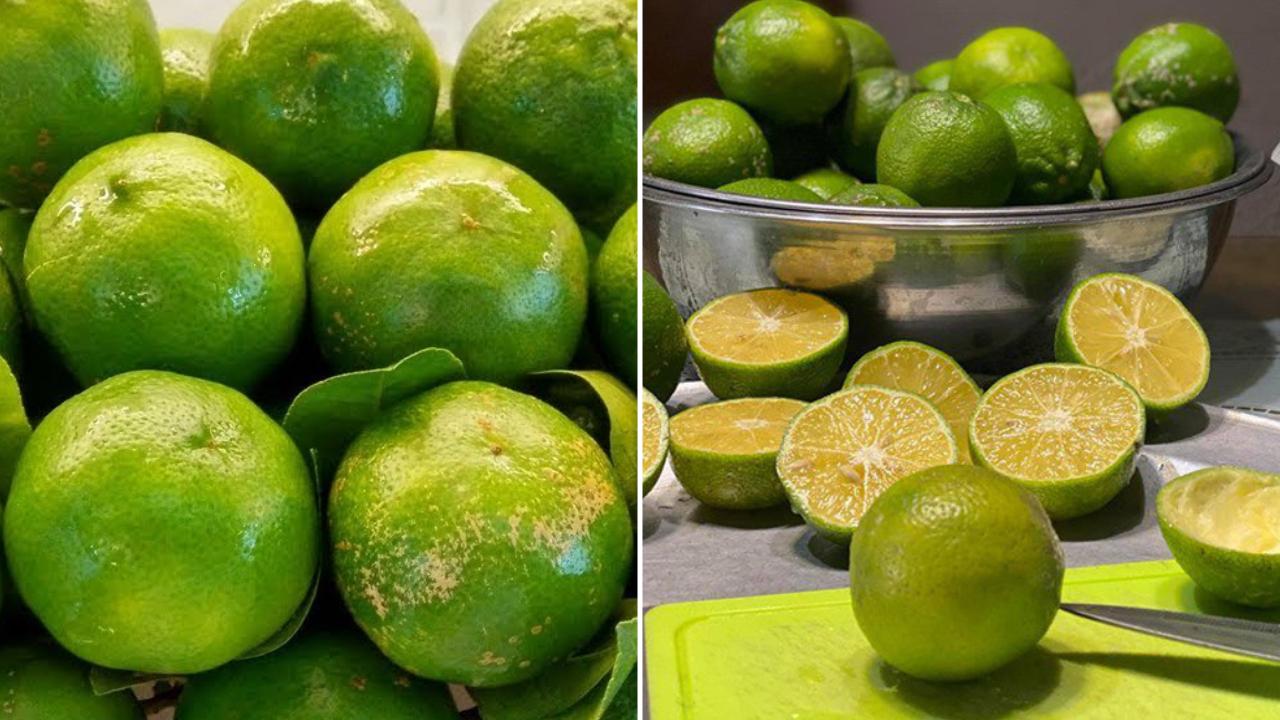
Lemons are a staple in every kitchen — perfect for seasoning, marinating, making sauces, or adding zest to drinks. Most people simply toss them into the refrigerator after buying, thinking that’s the best way to keep them fresh.
However, after a few weeks, you may notice that your lemons start to shrivel, turn bitter, or even rot. Instead of letting that happen, try these traditional and clever methods that can help you keep lemons fresh, juicy, and flavorful for months — even up to a year!
🏺 Method 1: Preserve Lemons in Sand
This is an old-fashioned but highly effective technique that people used long before refrigerators were common.
Step 1: Choose the right lemons
Pick fresh, firm, and juicy lemons — avoid any that are bruised or have soft spots. Wash them thoroughly, then let them dry completely.
Step 2: Prepare the sand
Use clean, dry sand — it should be free of soil, debris, or stones. Sprinkle a little water to lightly moisten the sand (not wet).
Step 3: Layer the lemons
Pour a layer of sand into a large earthen jar or glass container, then place a layer of lemons on top. Alternate between layers of lemons and sand until full. Make sure the topmost layer completely covers the lemons.
Step 4: Store in a cool, shaded place
Avoid direct sunlight or heat sources. The sand helps regulate temperature and moisture, keeping lemons plump and fresh.
With this method, your lemons can stay fresh for up to two months. Whenever you need one, simply take it out, rinse it, and it’s ready to use.
💡 Bonus tip: This method also works beautifully for other citrus fruits like oranges, limes, and tangerines.
❄️ Method 2: Store Lemon Juice in the Freezer
If you prefer convenience, freezing is a great way to store lemon juice and use it year-round — no need to buy fresh lemons every time you cook or make drinks.
Step 1: Clean and prepare the lemons
Select lemons with thin, smooth skins that feel heavy for their size — a sign they’re juicy. Wash thoroughly and soak them briefly in saltwater to remove dirt and pesticide residue. Rinse again with clean water and dry completely.
Step 2: Slice and juice
For large lemons, simply cut them in half. If the peel is thick and tough, you can lightly trim off some of the green skin to make juicing easier.
Use a citrus juicer or manual press to extract the juice. To prevent bitterness, wrap the lemon half in a small tissue or napkin before squeezing — this absorbs excess oils from the peel, keeping your juice pure and smooth.
If using your hands, press gently and rotate to get the most juice without crushing the bitter rind.
Step 3: Optional – use a slow juicer
If you have a slow juicer, peel the lemons, remove the seeds, and extract the juice directly. This method gives you the clearest, freshest lemon juice.
Step 4: Freeze the juice
Pour the juice into ice cube trays, then place them in the freezer until solid. Once frozen, remove the cubes, transfer them into an airtight container or zip-lock bag, and store them back in the freezer.
Whenever you need lemon juice, simply take out 1–2 cubes and let them melt naturally — no waste, no fuss!
💡 Shelf life: Frozen lemon juice can be stored for up to one year, retaining its aroma and tangy freshness.
🌿 Additional Tips for Long-Lasting Lemons
-
Avoid moisture: Dampness accelerates mold and spoilage. Always dry lemons before storage.
-
Use airtight containers: Whether storing whole lemons or juice, airtight sealing prevents oxidation and loss of fragrance.
-
Keep away from ethylene-producing fruits: Apples, bananas, and pears can cause lemons to ripen and spoil faster.
-
Freeze lemon zest too! Before juicing, you can grate the peel, freeze it separately, and use it later for baking or marinades.
🌞 Why These Methods Work
Lemons spoil due to moisture, oxidation, and microbial growth.
-
Sand storage keeps the environment cool, dark, and stable, reducing exposure to air and humidity.
-
Freezing stops microbial activity entirely, locking in nutrients like vitamin C and citric acid that are easily lost at room temperature.
These techniques are eco-friendly, chemical-free, and perfect for those who love homemade, sustainable food storage.
🧡 Final Thoughts
Instead of throwing your lemons straight into the fridge and watching them shrivel, try these simple but clever preservation tricks.
By storing in sand or freezing lemon juice, you’ll have fresh, tangy lemons on hand all year — ready for salads, seafood, teas, and refreshing summer drinks.
It’s a traditional wisdom that saves money, reduces food waste, and keeps your kitchen stocked with sunshine-bright flavor! 🍋✨
News in the same category


Shower Head Clogged After Long Use? Try This Method to Clean It Easily Without Spending Money

Why You Shouldn’t Wash Rice Inside the Electric Rice Cooker: A Common Mistake Many People Don’t Know

Add This Ingredient to Your Coffee: No More Yellow Teeth or Bad Breath

Don’t Eat Tofu Right Away After Buying It: Freezing It in the Fridge Has Amazing Benefits
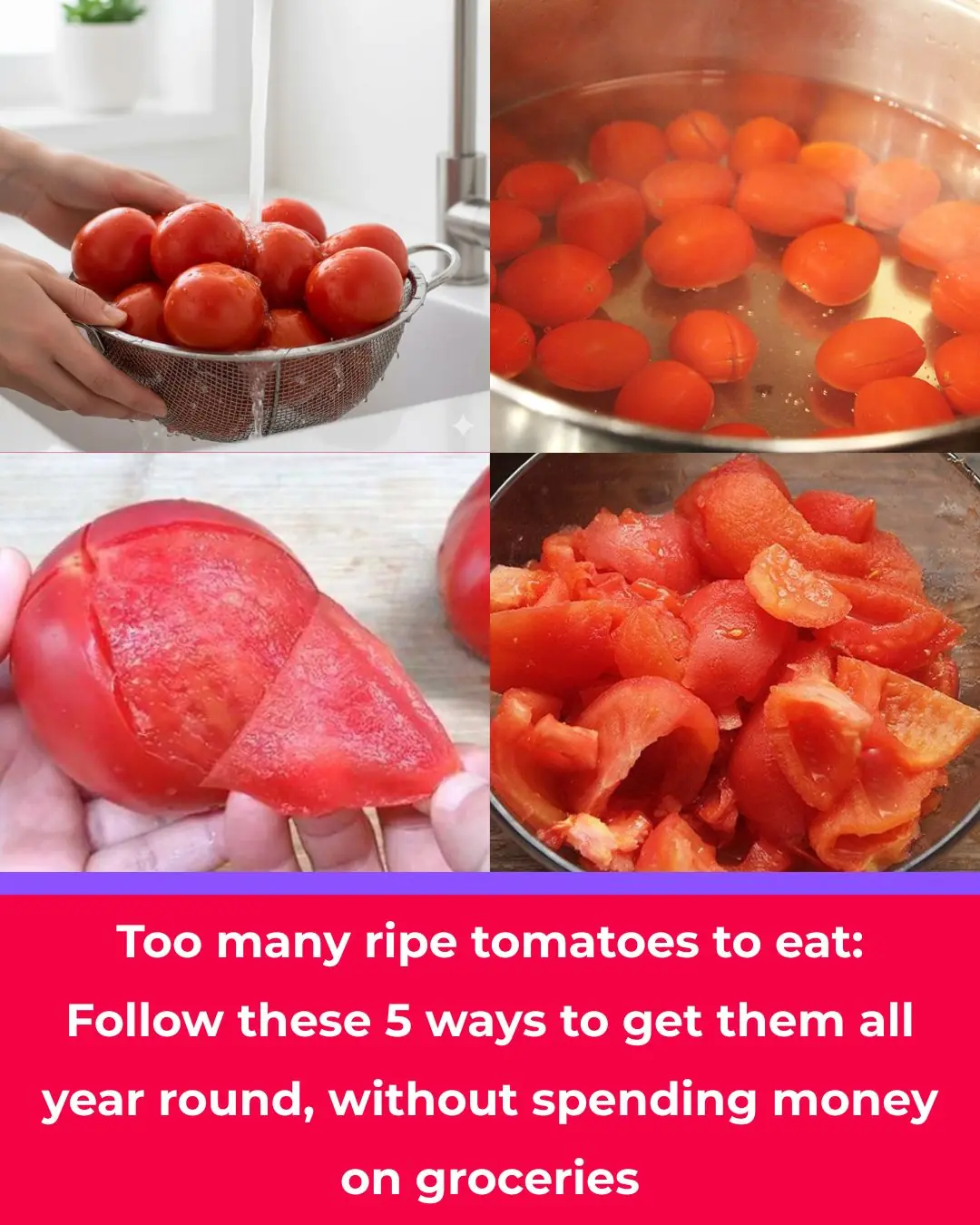
Too Many Ripe Tomatoes? Try These 5 Preservation Methods to Enjoy Them All Year — Without Spending on Fresh Ones

The “Miracle” Termite Prevention Methods for Wooden Furniture

Don’t Clean a Dirty Rice Cooker with Plain Water: Use This Trick and It’ll Shine Like New in Just 5 Minutes
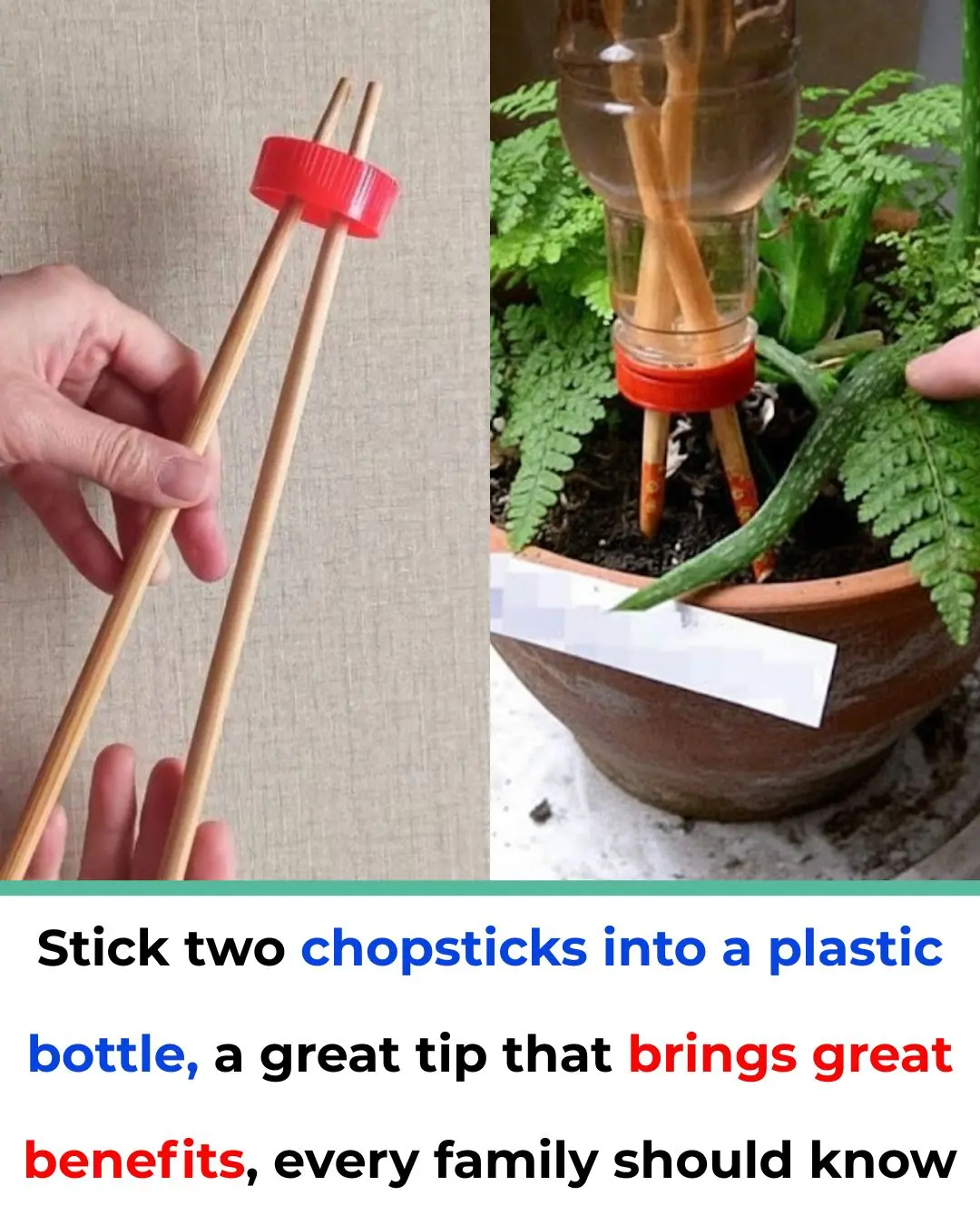
Insert Two Chopsticks into a Plastic Bottle: A Simple Life Hack Every Household Should Know
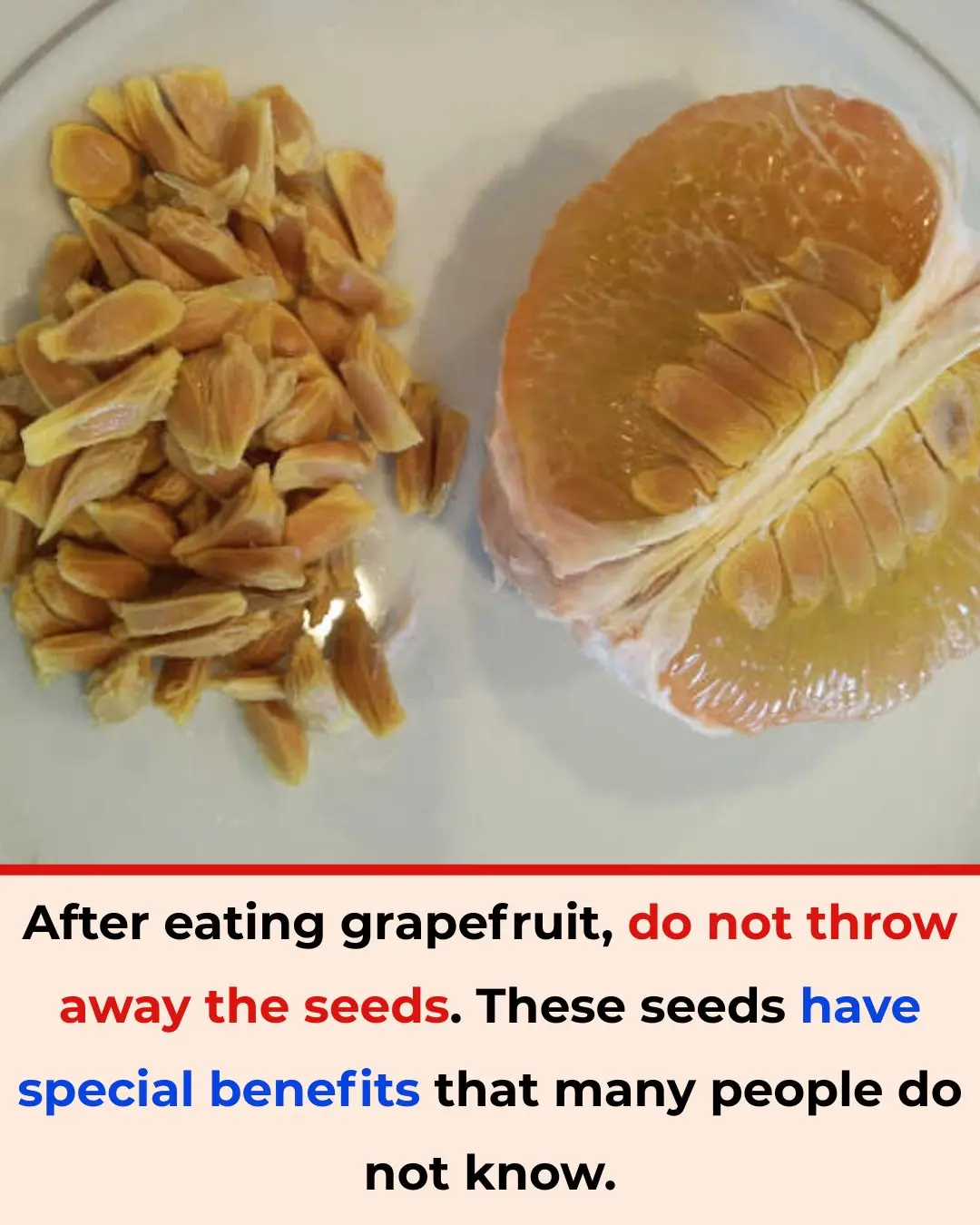
Don’t Throw Away Grapefruit Seeds After Eating – They Have Special Benefits Many People Don’t Know

Placing Garlic by Your Bed: 10 “Golden” Benefits You’ll Want to Try

Electric Water Heaters Exploding Even When Not in Use: The Hidden Danger of a Common Habit

10 tips for dealing with people who think they are better than you

Never leave a charger in outlet without phone. Here are the top 6 reasons why

The Everyday Waste You Should Stop Throwing Away — Eggshells Have Amazing Hidden Uses

8 Wrong Things Women Do Without Knowing That They Are Pushing Their Man Away To Another Woman

Is Swollen or Bloated Food Packaging Safe to Eat

Without the need for a refrigerator, ancient people used these 6 ways to preserve eggs for a whole month and still be fresh and delicious
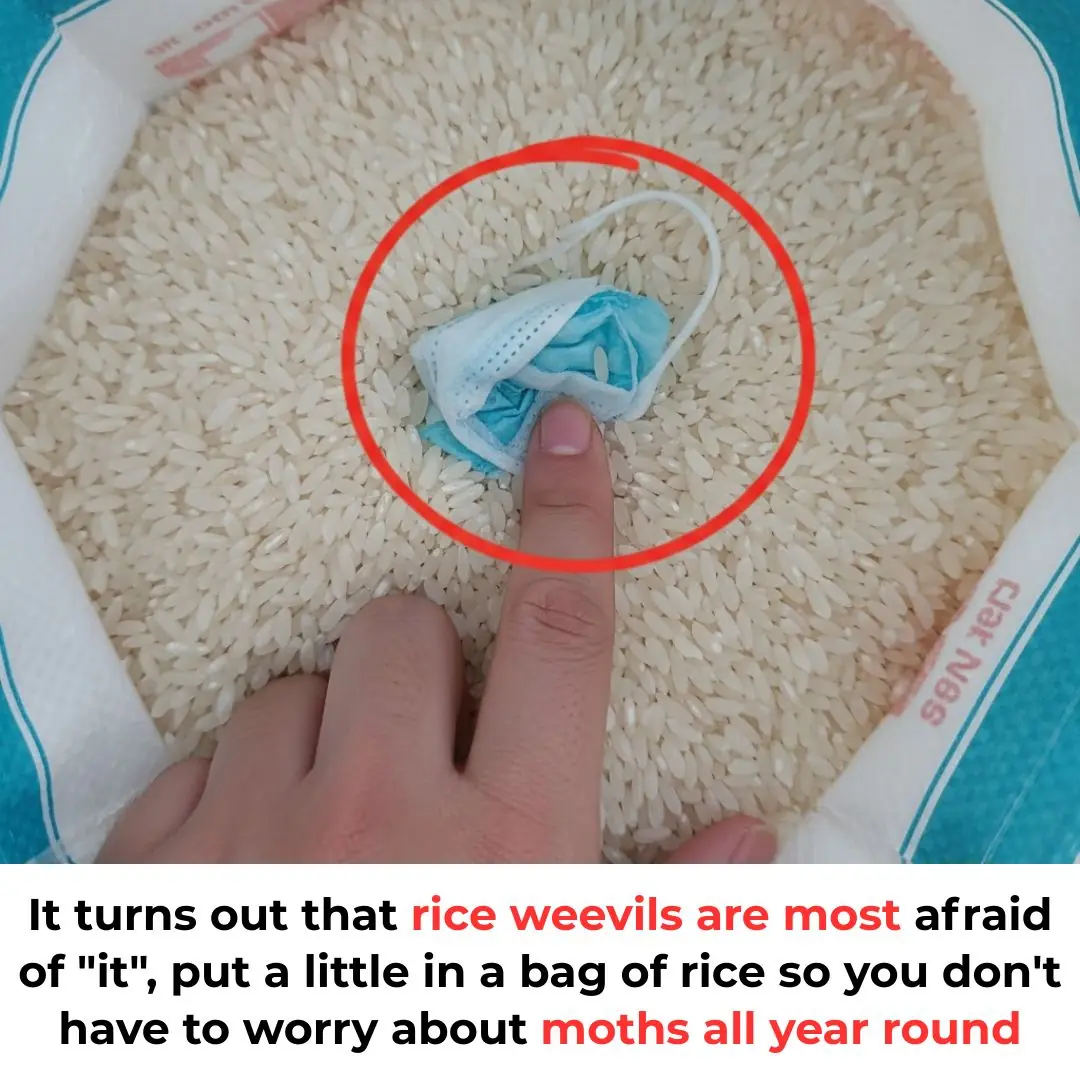
Put some in a bag of rice
News Post

Add a drop of essential oil to an onion and no matter how many mosquitoes and insects it has, they will disappear

Shower Head Clogged After Long Use? Try This Method to Clean It Easily Without Spending Money

Why You Shouldn’t Wash Rice Inside the Electric Rice Cooker: A Common Mistake Many People Don’t Know

Add This Ingredient to Your Coffee: No More Yellow Teeth or Bad Breath

Don’t Eat Tofu Right Away After Buying It: Freezing It in the Fridge Has Amazing Benefits

Too Many Ripe Tomatoes? Try These 5 Preservation Methods to Enjoy Them All Year — Without Spending on Fresh Ones

The “Miracle” Termite Prevention Methods for Wooden Furniture

Kelvin Fletcher and wife Liz share update as they reveal they're expecting 'new arrivals'

Don’t Clean a Dirty Rice Cooker with Plain Water: Use This Trick and It’ll Shine Like New in Just 5 Minutes

Gordon Ramsay shares health update as he reveals why he "had to come clean" over cancer diagnosis

KIM KARDASHIAN FAILS THE CALIFORNIA BAR EXAM

You’re Storing Your Winter Coats All Wrong — Here’s How to Do It Right

Why Bath Towels Have Lines — And What They Actually Do

Prince Harry and Meghan Markle roasted over deleted Kris Jenner birthday photos as fans speculate ‘embarrassing’ reasons why

You’re Storing Your Batteries Wrong — Here’s How to Do It Right

The Right Way to Clean and Care for Your Winter Boots

Why You Should Regularly Clear Cookies on Your Smartphone

The One Show’s Alex Jones in tears as she makes emotional announcement: ‘We are all so proud of you
